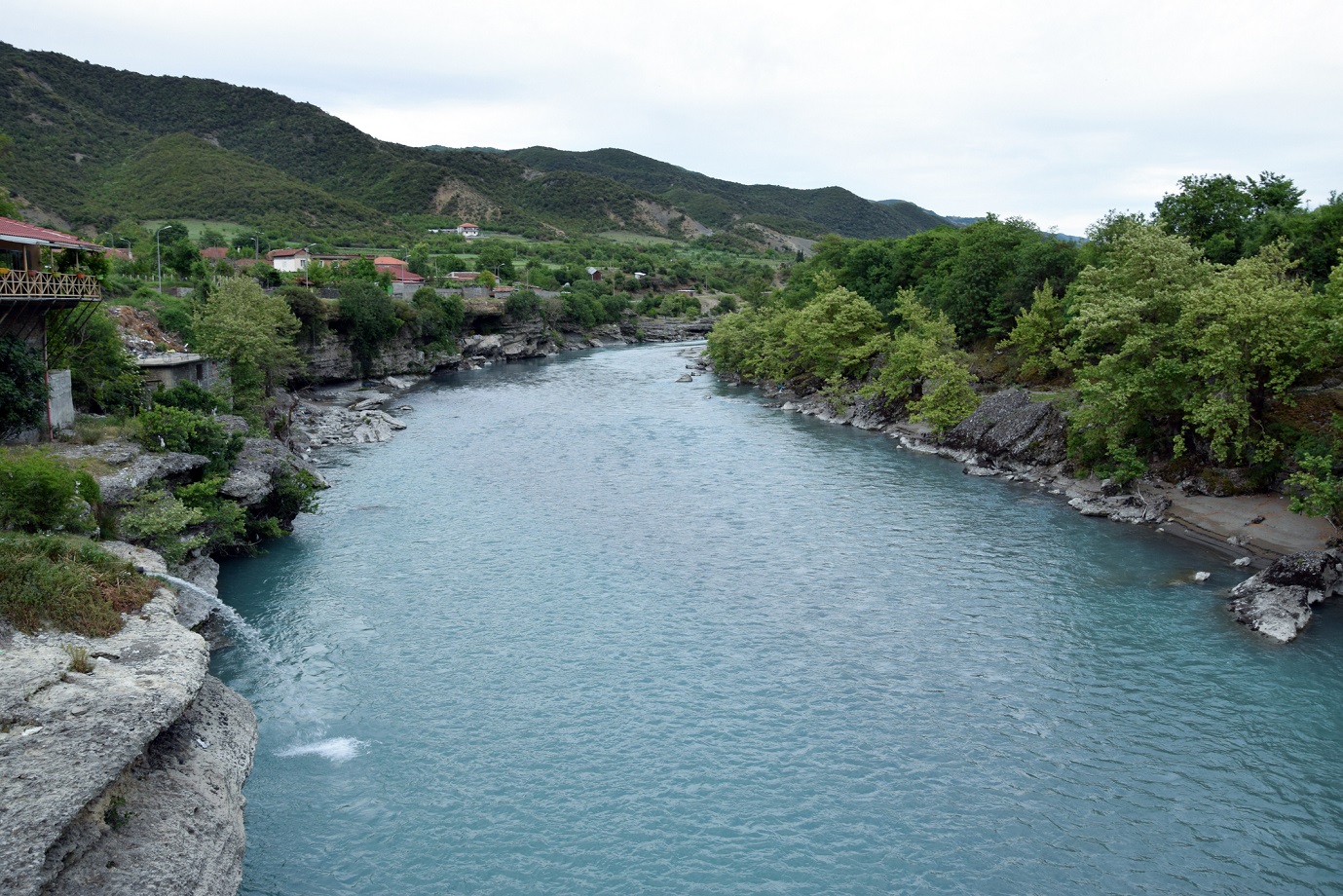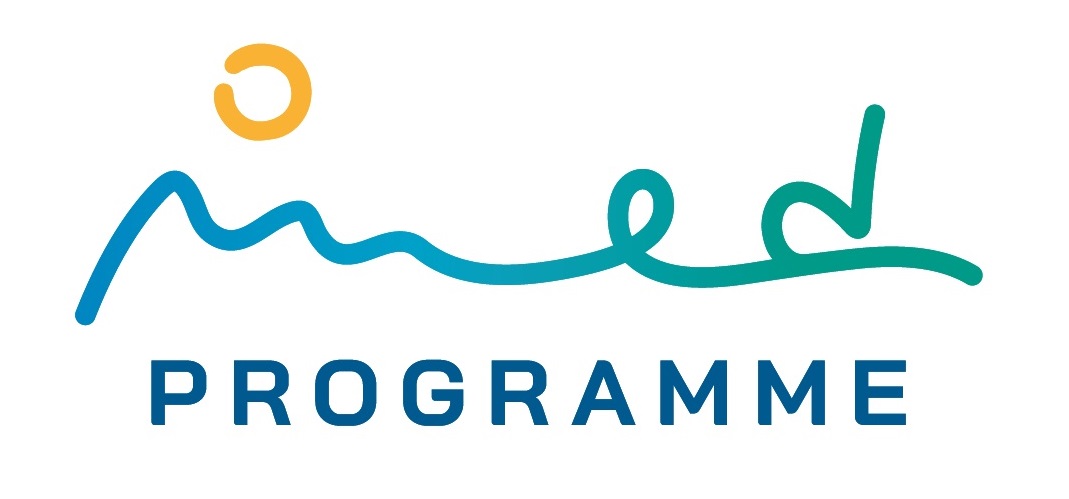World Water Day 2023 – Accelerating Change for PFAS-free Water Systems

Per- and polyfluoroalkyl substances (PFAS), well known as “forever chemicals”, are a group of Persistent Organic Pollutants (POPs) represented by more than 10,000 chemicals and used in almost all industry branches and many consumer products such as water- and oil-proof apparel, non-stick cook and bake-ware, food packaging, stain resistant upholstery, carpet, firefighting foams, and household agents such as cleaning agents. In short, PFAS are all around us, and they pose significant risks to human health and the environment.
Humans are exposed to PFASs through drinking water, food, contaminated indoor and outdoor environments (including dust), and products containing PFASs.
Many PFASs are extremely mobile in the environment and are already building up in the remote areas of the Arctic and the Antarctica, via air and water currents. Majority are non-degradable or transform ultimately into stable products that are still PFAS. Many tend to accumulate and biomagnify in a variety of terrestrial and marine mammals.
This World Water Day (WWD) is about “accelerating change” to solve the water and sanitation crisis. Reportedly, at current rates of progress, Sustainable Development Goal (SDG) 6 – water and sanitation for all – will not be achieved by 2030. Accelerated implementation is needed, which depends on the capacity of the world’s organizations and institutions to come together in partnerships and cooperation to rapidly speed up progress.
WWD presents an apt checkpoint to underline the PFAS problem and advocate for accelerated change towards PFAS-free water systems.
In line with WWD theme for 2023, achieving SDG 6 requires the execution of strategies that identify and phase out PFAS in business operations. Bold, proactive efforts can materially improve water systems and protect long-term human health.
One programme aligning precisely with this objective is EBRD’s Environmental Technology Transfer Programme (ENVITECC) under the Global Environment Facility (GEF) funded MedProgramme. ENVITECC supports public and private companies in the identification, removal and replacement of PFAS in operations through investment grants as well as technical cooperation support.
ENVITECC’s mandate is to accelerate depollution activities in the Mediterranean Sea Region and GEF funds under ENVITECC are available for eight countries across the Mediterranean Sea Region, namely Albania, Bosnia and Herzegovina, Egypt, Lebanon, Montenegro, Morocco, Tunisia, and Türkiye.
Recently, ENVITECC-funded POPs Technology Guide study is published which includes off-the-shelf technologies for the responsible management of POPs in the Mediterranean Region. A core aim is for ENVITECC to contribute to a broader effort that boosts adoption of best available techniques (BATs) and best environmental practices (BEPs) in PFAS management.
World Water Day is a stark reminder of the challenges we face. Yet, the date also represents opportunity to take decisive action on a resource we all treasure.
Cheers to Accelerating Change toward PFAS-free water systems!
